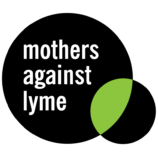Congenital LymeTRANSMISSION: A NEW PARADIGM Most of us have learned that Lyme disease is spread by a tick bite. What is less known is that Lyme disease is also congenital, meaning it can cross the placenta, both infecting, and causing harm to, your unborn child.
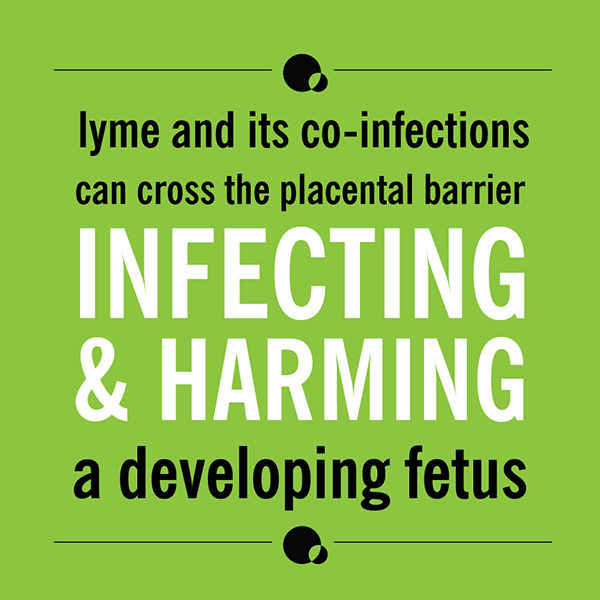 Though scientists have known Lyme is congenital since 1985 1, it took the CDC until 2020 to finally acknowledge this fact. CDC Fact Sheet: Pregnancy and LymeDisease
Though scientists have known Lyme is congenital since 1985 1, it took the CDC until 2020 to finally acknowledge this fact. CDC Fact Sheet: Pregnancy and LymeDisease
HOW DO PREGNANT WOMEN FEEL WHEN INFECTED?Data on this has not been systematically obtained, but pediatric Lyme expert, Dr. Charles Ray Jones, interviewed 102 mothers who gave birth while infected with Lyme. He reports that 66% described their pregnancy as difficult, with the most common symptoms being severe and unremitting fatigue, brain fog, and cognitive problems.
A LYME PREGNANCY MAY HAVE A TRAGIC OUTCOME PRIOR TO BIRTH Pregnant women who are infected with Lyme disease may not carry to term. Instead, their pregnancy may result in stillbirth, miscarriage and perinatal death, usually with cardiac abnormalities. Keep in mind: any organ can be affected.2,
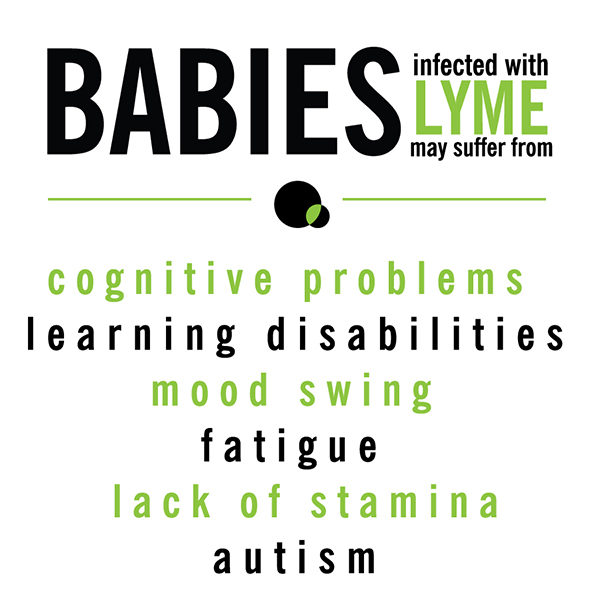 WHAT CAN HAPPEN IF AN INFECTED MOTHER CARRIES A BABY TO TERM? If a mother is infected during pregnancy and her baby survives, the path forward may be hard. In his study of 102 live births to mothers with Lyme disease, Dr. Charles Ray Jones describes these newborns’ symptoms by frequency. The most common findings were neuropsychiatric. 80% of children had cognitive problems, learning disabilities, and mood swings; 72% had fatigue and lack of stamina; 9% had autism.Developing babies are not only at risk for contracting Lyme in utero, but can also be infected through breast milk.
WHAT CAN HAPPEN IF AN INFECTED MOTHER CARRIES A BABY TO TERM? If a mother is infected during pregnancy and her baby survives, the path forward may be hard. In his study of 102 live births to mothers with Lyme disease, Dr. Charles Ray Jones describes these newborns’ symptoms by frequency. The most common findings were neuropsychiatric. 80% of children had cognitive problems, learning disabilities, and mood swings; 72% had fatigue and lack of stamina; 9% had autism.Developing babies are not only at risk for contracting Lyme in utero, but can also be infected through breast milk.
IF WE KNOW ALL THIS, WHY DOES THE PROBLEM PERSIST? Existing Lyme blood tests do not produce reliable results. For this reason, the doctor of a woman with Lyme symptoms who tests negative may disregard Lyme as a possibility. In addition, women with Lyme disease may be asymptomatic, or they may be sick, but misdiagnosed with other conditions.
Frequent misdiagnoses include: Anxiety and/or Depression, Chronic Fatigue Syndrome, Fibromyalgia, Lupus, MS, Arthritis, Tendinitis, Endometriosis and Neuropathies.
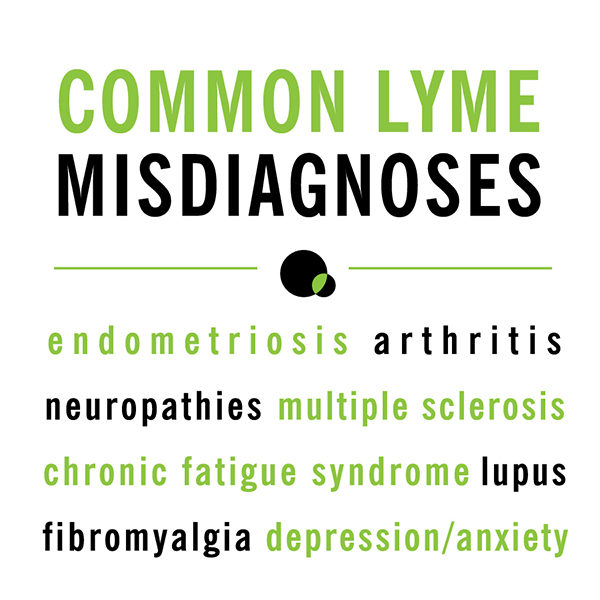
EDUCATE YOURSELF Your best bet is to familiarize yourself with the range of Lyme, and Lyme coinfection, symptoms.
HELP IS OUT THERE: If you have a history of Lyme symptoms without ever having been evaluated for Lyme, Mothers Against Lyme strongly recommends a consultation with a Lyme Literate Medical Doctor prior to conception. Here are some sites that will suggest such doctors for you:
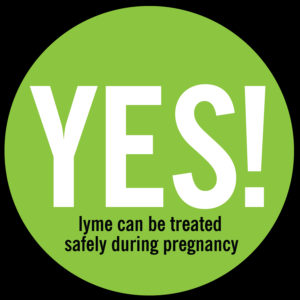
TREATMENT DURING PREGNANCY If you have Lyme disease and plan to get pregnant, or if you contract Lyme disease during pregnancy, antibiotic treatment will protect both you and your developing fetus.
Many penicillins, including amoxicillin and ampicillin, are safe to use during pregnancy and can treat Lyme. Cephalosporins are another option, including cefaclor and cephalexin. Rocephin is also safe and may be used if there is central nervous system involvement.
Co-infections may require further treatment. You and your doctor can decide what is best for your specific situation.
